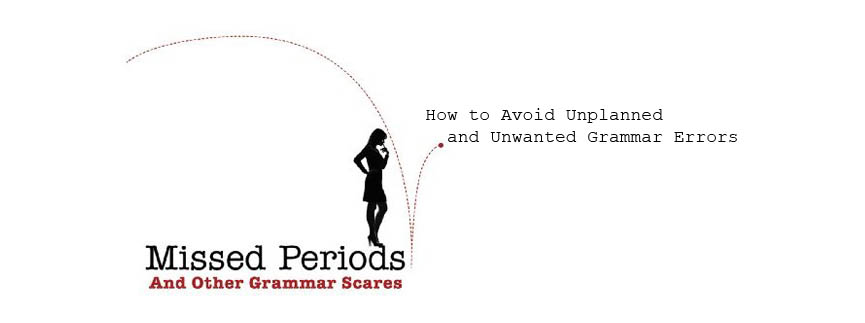 I might have to change the focus of this blog from grammar to Mad Men. All I want to do is talk about the show. I want to talk about what they’re going to do with Sally’s character and how handsome Don Draper is and how funny Roger Sterling is this season. I’m particularly obsessed with Don’s new wife, Meghan. I thought her "Zou Bisou Bisou" rendition was awesome.
I might have to change the focus of this blog from grammar to Mad Men. All I want to do is talk about the show. I want to talk about what they’re going to do with Sally’s character and how handsome Don Draper is and how funny Roger Sterling is this season. I’m particularly obsessed with Don’s new wife, Meghan. I thought her "Zou Bisou Bisou" rendition was awesome. I knew it was only a matter of time before Don remarried because psychologist Dr. Faye Miller foreshadowed it when she said, “You’ll be married again in a year. I forget that some people don’t like to think they’re a type.”
The part about people not liking to think they’re a type really stuck with me. I, of course, would like to think that I am a unique, little snowflake, but a few years ago I learned that I was a type. Someone said to me, “You’re an English teacher and you drive a Saab; you must be a liberal.” Apparently, I’m a cliché!
I guess there is something comforting about knowing that there are like-minded people out there. And it’s also nice to know that, thanks to the comma, I have some control over how much I can emphasize those similarities.
For example, let’s say I met a liberal-minded, English-teaching, Saab driver with Don Draper’s looks, Roger Sterling’s sense of humor, and Peggy Olsen’s feminist ideals. I would definitely want to stress our similarities. Therefore, if he said, “I love heirloom tomatoes,” I would respond with:
I, too, love heirloom tomatoes.
I love heirloom tomatoes, too.
Using commas with too emphasizes it. If we don’t want to emphasize the too, we simply don’t use commas:
I too love heirloom tomatoes.
I love heirloom tomatoes too.
Okay, so enough of that grammar nonsense. Do you think Betty and Meghan will meet? Do you think Joan’s husband will come home from Vietnam to a silver-haired baby? Do you think Don will cheat on Meghan?
Is it Sunday night yet?










